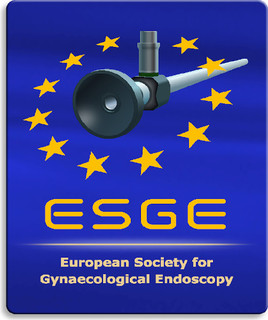The effect of age on the outcome of intrauterine insemination: A review
Male age, female age, succes rates, clomiphene citrate, gonadotrophins, natural cycle
Abstract
Aim: Postponing childbearing has led to an increasing demand for
treatments due to age-related subfertility. While intra uterine insemination
(IUI) is widely used for different indications, here too the age of women
in need of this treatment is increasing. Success rates after IUI in relationship
to age are often expressed per cycle, but for patient counselling, cumulative
delivery rates are to be preferred. We reviewed the literature to assess
the impact of age on IUI, and the role of ovarian hyperstimulation in improving
the success rates.
Methods: A review of the literature was performed using Medline.
We used the UK National Health Service levels of evidence (and grades of
recommendation) to categorise all studies.
Results: Overall, controlled ovarian stimulation (COH) resulted in
significantly higher live-birth rates when compared to IUI in natural cycle.
Since age was not always taken into consideration in many studies, differences
among them may account for inconsistent conclusions. For older women aged
> 37 years, natural cycle IUI resulted in a significantly higher pregnancy
rate and live birth rate than IUI with COH. In women aged 37 and younger,
COH resulted in a significantly higher pregnancy rate and live-birth rate
compared to natural cycle IUI (p = 0.025).
Conclusions: Above the age of 37, succes rates decline, but despite
this fact, women up to 40 years, may be encouraged to continue IUI treatment,
in case of donor insemination even up to 42 years of age. Overall, superovulation
with IUI yields better results than unstimulated IUI, but not in women
over 37 years who may rather benefit from natural cycle IUI. When the female
partner is older than 35 years, a synergistic adverse effect of paternal
age has been reported.



